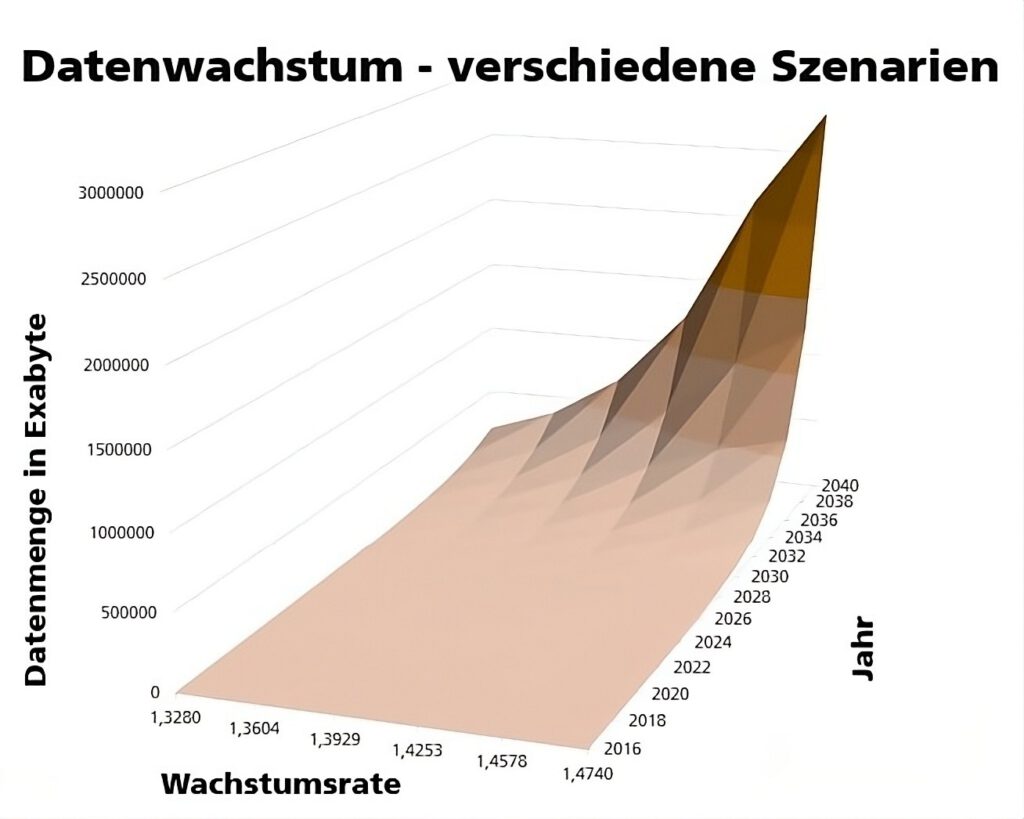Researchers at two Fraunhofer institutes have released a new study assessing Germany’s raw material requirements for key future technologies through 2045. Conducted by the Fraunhofer Institute for Systems and Innovation Research (ISI) together with the Fraunhofer Institute for Reliability and Microintegration (IZM) on behalf of the German Raw Materials Agency (DERA), this fourth iteration of “Raw Materials for Future Technologies” provides updated demand projections and strategic guidance for policymakers, industry, and research communities.
The analysis examines 34 technologies, ranging from high-performance lithium storage systems and wind turbines to data centers and artificial intelligence (AI) infrastructure. By modeling multiple socioeconomic scenarios—including one in which global cooperation weakens and environmental regulation takes a back seat—the study quantifies how shifts in industrial uptake will drive demand for critical and strategic materials such as lithium, cobalt, nickel, rare earth elements, and high-purity silicon.
Electromobility serves as a prominent example: while electric vehicles eliminate local tailpipe emissions, their batteries require significantly higher volumes of strategic metals than conventional powertrains. Similarly, expanding data centers and AI services fuels demand for memory modules, processors, and cooling systems, with even small changes in data-growth rates leading to large differences in aggregate material use by 2045.
Germany’s high import dependency makes its technology sector particularly susceptible to supply disruptions. More than 80 percent of German manufacturers reported material shortages at the end of 2023, underlining the need for robust raw material strategies. The new study updates findings from the 2009, 2016, and 2021 reports and forms a core element of DERA’s raw material monitoring framework, which supports the federal government’s Raw Materials Strategy.
Final results are scheduled for publication online in early summer 2026, accompanied by a streamed public event. Decision makers will use the data to anticipate potential bottlenecks, price volatility, and environmental impacts, and to steer investments in recycling, substitution, and sustainable sourcing. The Fraunhofer ISI and IZM bring together applied research and long-term system analyses to deliver actionable recommendations on securing raw material supply chains for the coming decades.
Source: Fraunhofer ISI press release
















